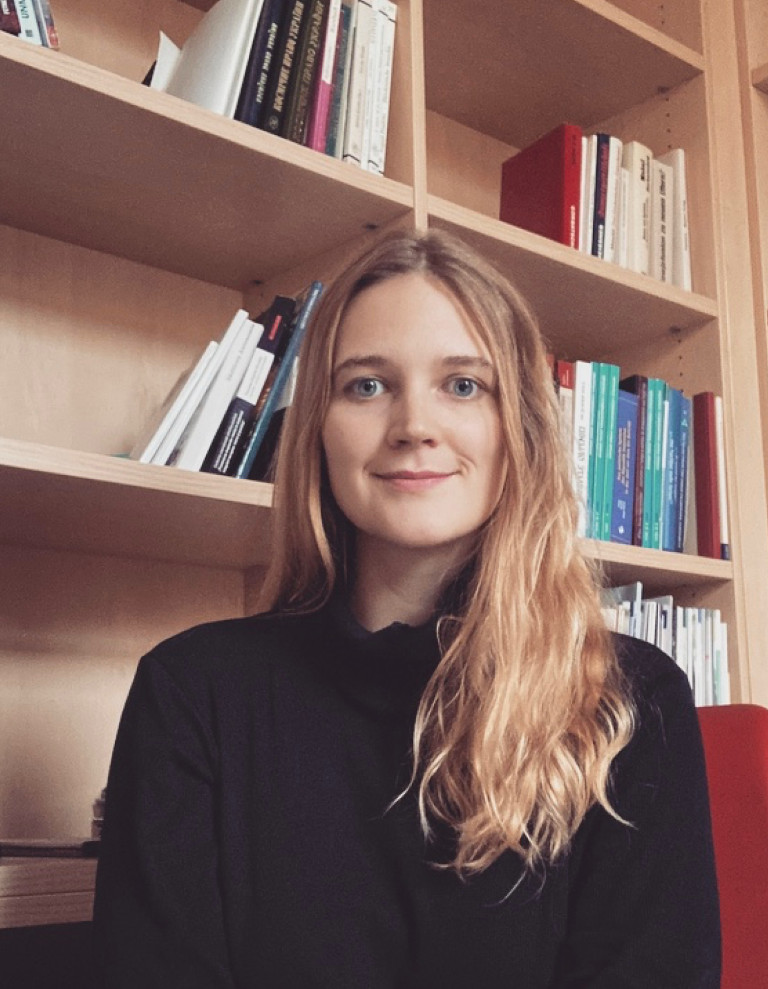People
Faculty
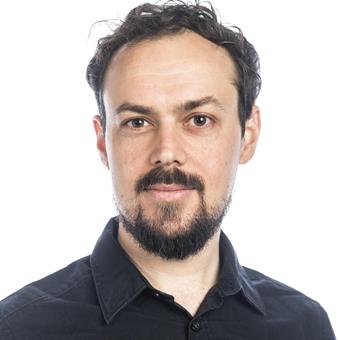
Jacob Habinek
Jacob Habinek is an associate professor at the Institute for Analytical Sociology and director of the Swedish Interdisciplinary Research School in Computational Social Science. A computational and economic sociologist by training, his interests include the sociology of markets, science, and culture. His empirical research centers on the development of scientific disciplines, the dynamics of financial markets, and the selection of Nobel Prize laureates.
Carl Nordlund
Carl Nordlund is an associate professor (docent) at the Institute for Analytical Sociology at Linköping University. Obtaining a PhD in human ecology from Lund University in 2010, this was followed by fellowships in Budapest, Florence, and Lund, before starting at IAS in 2018. His substantive interests is in inter-ethnic family formation and labor market structures, economic globalization, as well as the development of network-analytical methods, particularly deterministic blockmodeling methods.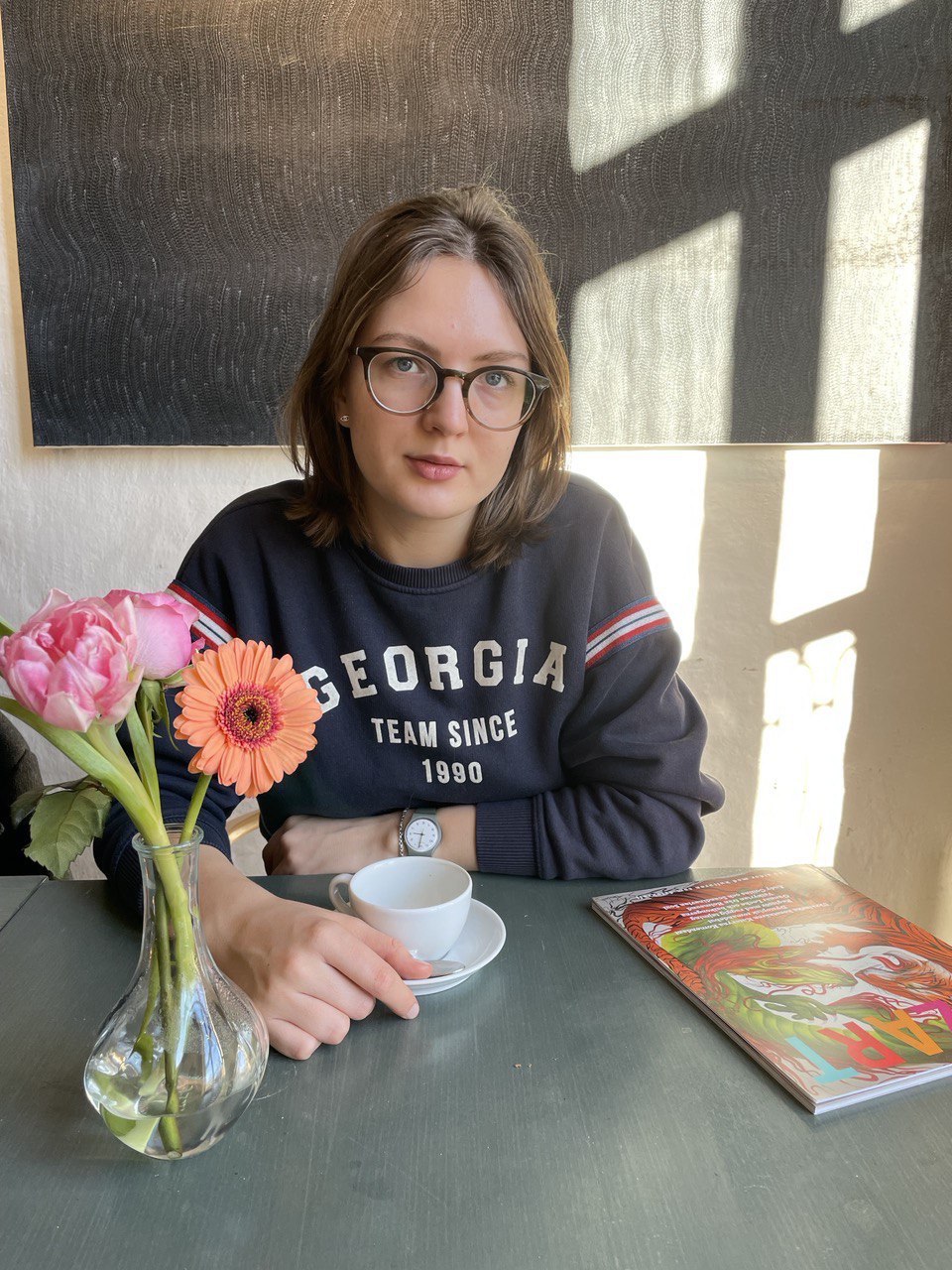
Anastasia Menshikova
Anastasia Menshikova is a PhD student at the Institute for Analytical Sociology in Norrköping, Sweden. Her research focuses on discovering and explaining inequalities, biases, and discriminatory practices using textual digital traces. Besides that, she is interested in social and cultural change - how changes in individual opinions, beliefs and meanings lead to shifts at a collective level. She is generally curious about using computational text analysis to answer sociological questions.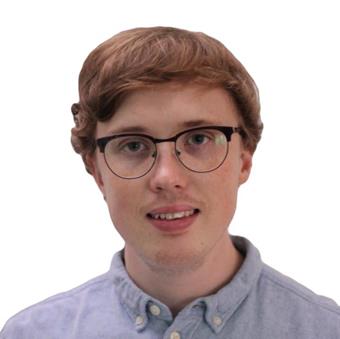
Elis Carlberg Larsson
Elis Carlberg Larsson is a PhD student at the Institute for Analytical Sociology. In his research, he utilizes computational techniques, such as text analysis, agent-based modeling, and machine learning to analyze large-scale datasets, including Swedish register data and newspaper data. The aim of these analyses is to investigate various social mechanisms that operate in social systems.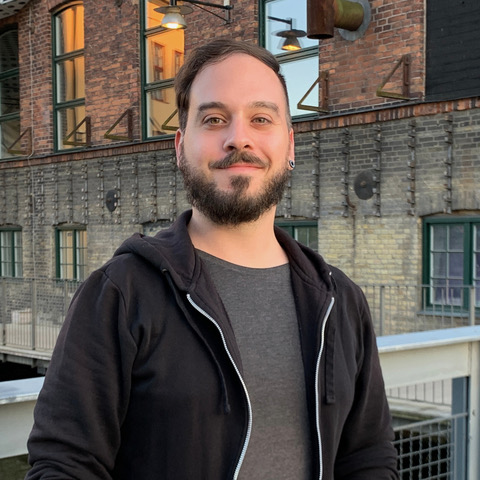
Hendrik Erz
Hendrik Erz is a PhD student at the Institute for Analytical Sociology. With a background in history, political science, and sociology, he specializes in the policymaking process in the U.S. Congress. Methodologically, he focuses on the use of large language models (LLMs) for text analysis. He is also interested in the ethics and political implications of artificial intelligence more broadly.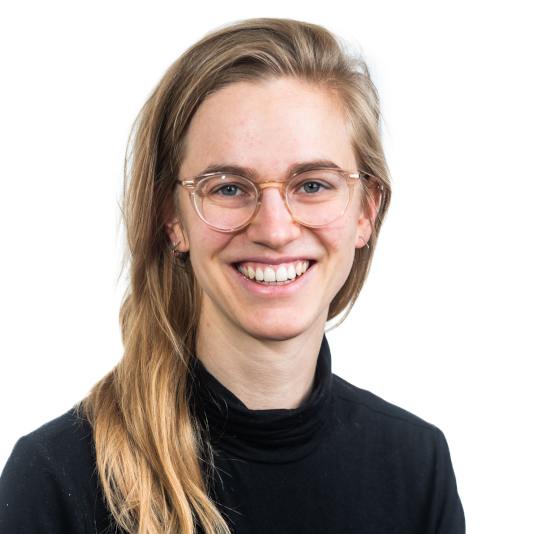
Alexandra Rottenkolber
Alexandra is a PhD Student in Analytical Sociology at the Institute for Analytical Sociology, Linköping University, Sweden. In her past work, she has used a variety of methodological approaches — ranging from natural language processing to network analysis — to study attention dynamics in parliaments, the digital development of nations, as well as gender segregation in the STEM disciplines. In her PhD, she plans to extend and build on this existing work.
Maël Lecoursonnais
Maël Lecoursonnais is a PhD student at the Institute for Analytical Sociology. His research interests span spatial inequalities, causal inference, and applied machine learning. His current project investigates the consequences of spatial inequalities on life-course outcomes such as education or income, using causally-oriented methods and/or machine learning algorithms.Speakers
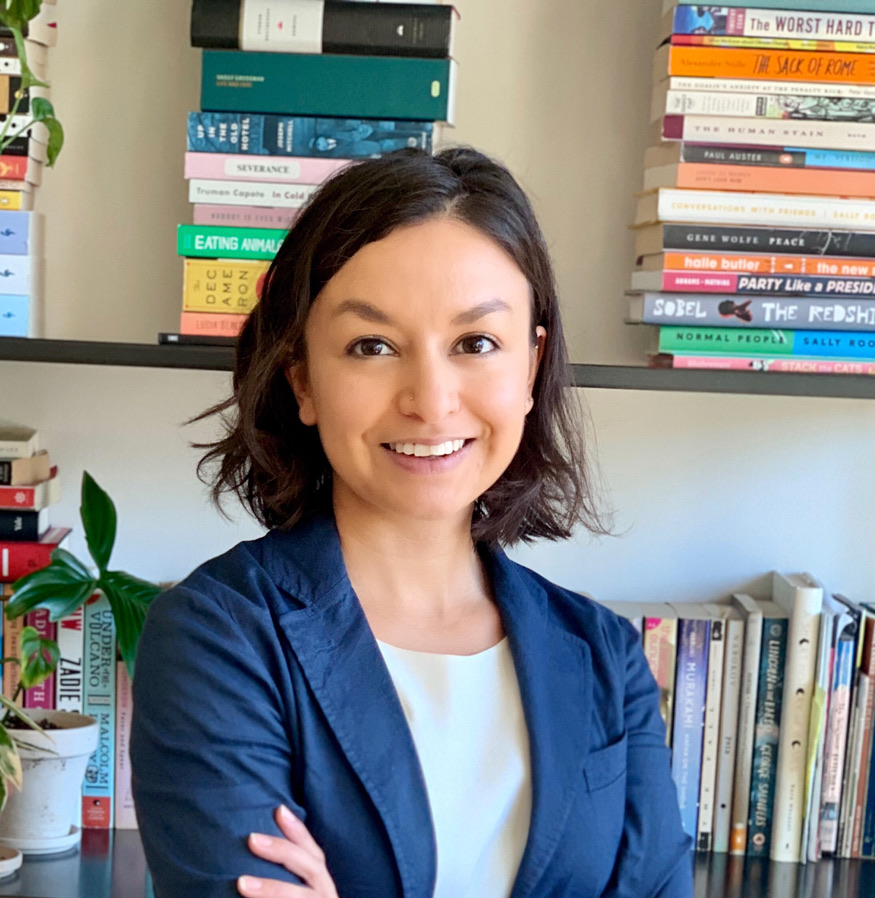
Carly Knight
Carly Knight is an Assistant Professor of Sociology at New York University. She is a cultural and economic sociologist who uses quantitative methods, including computational methods, to study changing cultural schemas around market behavior. Her primary research focuses on how both regulators and lay audiences talk about abstract market actors, like corporations, and how the metaphors they use influence their opinions about corporate regulation.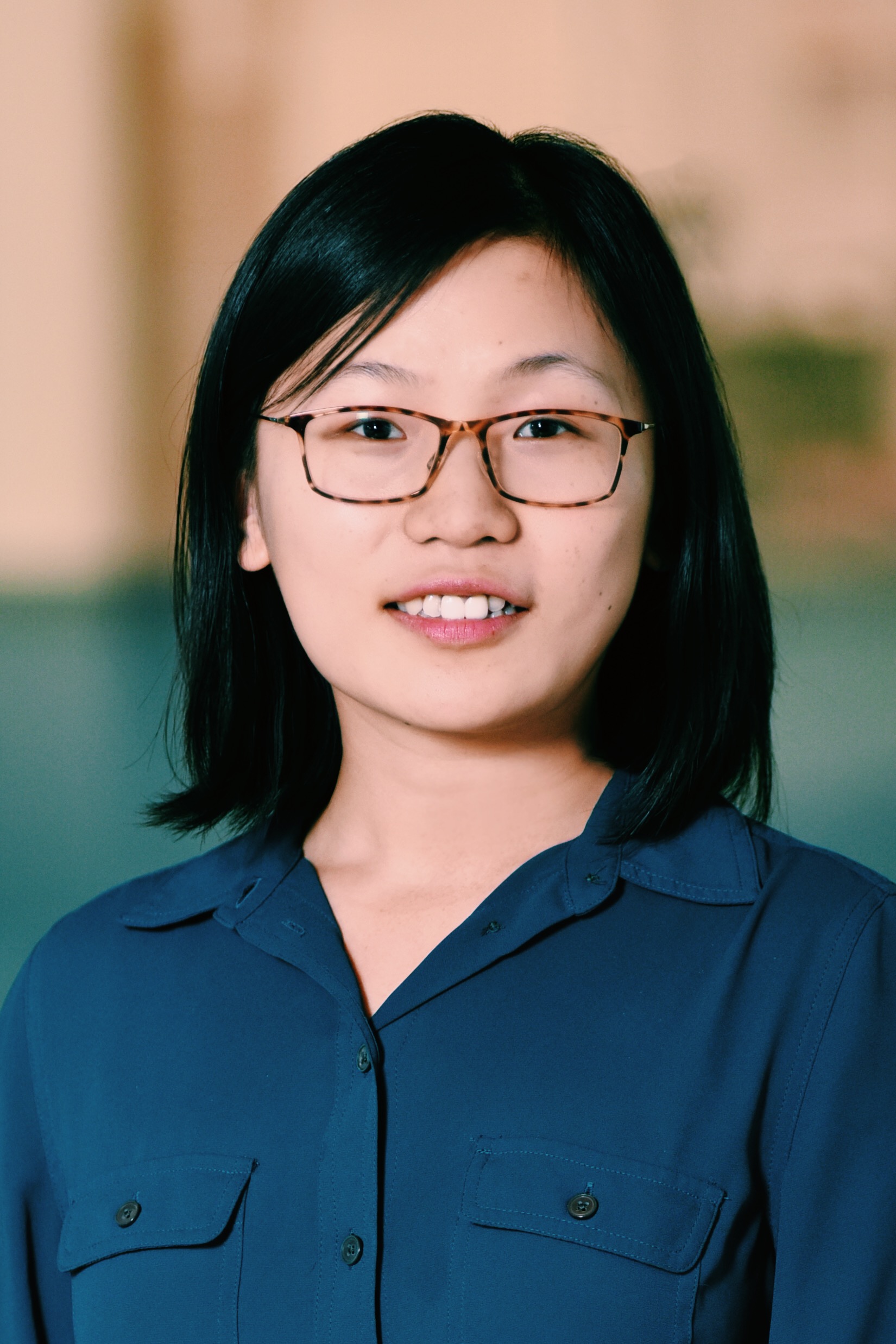
Hui Sun
Hui Sun is an assistant professor in the House of Innovation at Stockholm School of Economics. Her work combines experiments, natural language processing and computational simulations to study the role of cognition in network mobilization, organizational design, and meaning making in entrepreneurship.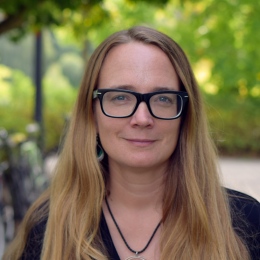
Andrea Voyer
Andrea Voyer is an Associate Professor of Sociology at Stockholm University. In her current research, she uses computational methods of text analysis to study social inclusion and exclusion on the basis of immigration, ethnicity, race, and class. Her research analyzing etiquette books, funded by the US National Science Foundation, has been published in Sociological Methods and Research and Poetics.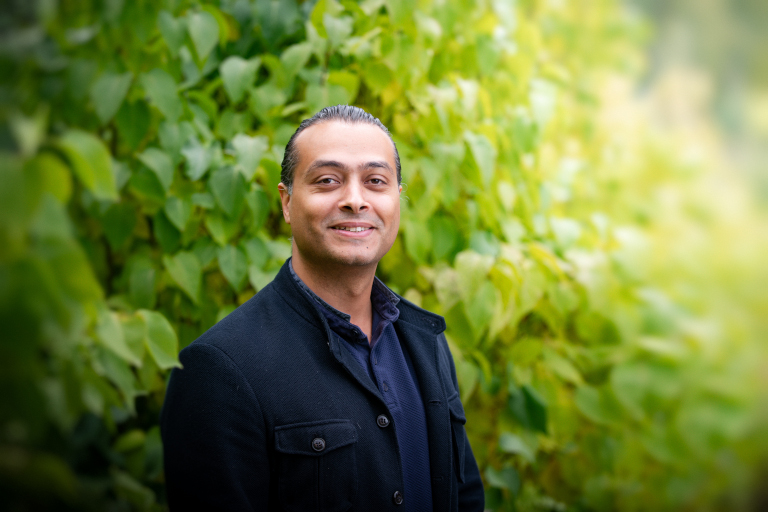
Adel Daoud
Adel Daoud is Senior Associate Professor at Institute for Analytical Sociology, Linköping University, and Affiliated Associate Professor in Data Science and Artificial Intelligence for the Social Sciences, Department of Computer Science and Engineering, Chalmers University of Technology, Sweden. Previously he held positions at Harvard University, University of Cambridge, and the Alan Turing Institute. Between September 2023 and June 2024, he will be a Fellow of the Center for Advanced Study in the Behavioral Sciences (CASBS) at Stanford University. His researh has both a social-scientific and methodologically orientation. For the social sciences, he researches the effect of international development interventions (e.g., anti-poverty policies) on global poverty, but also the impact of sudden shocks (e.g., economic, political, and natural disasters). Daoud implements novel methodologies in machine learning and causal inference to analyze the causes and consequences of poverty. Daoud leads The AI and Global Development Lab (more information at global-lab.ai) and also the creator of a new podcast called the Journeys of Scholars (available on YouTube and Spotify).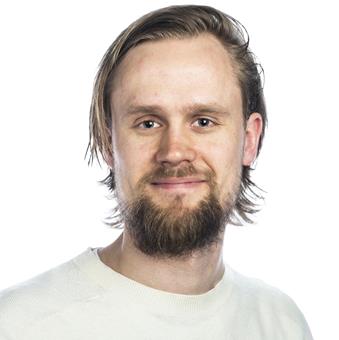
Martin Arvidsson
Martin Arvidsson is a postdoctoral researcher at the institute for analytical sociology, Linköping University. He uses computational methods and large-scale data to investigate how individuals come to influence one another, and how individuals in interaction bring about different collective outcomes, such as segregation and inequality.Teaching Assistants
Participants
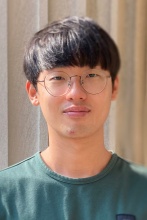
Jeongho Choi
Jeongho Choi is pursuing a Ph.D. in Political science from the University of Iowa, USA. He received BA and MA in Political Science from Kyung Hee University, South Korea. His research interests include comparative politics and political methodology, with particular focuses on populism, public opinion, text analysis, and machine learning.
Christina Cano
Christina is a Ph.D. student in Sociology and Fellow with the Center of Race, Indigeneity, and Transnational Migration at Yale interested in racial capitalism, critical geography, settler colonialism, political economy, and mixed methods. Their research examines how states define, police, and prisonize communities through mapping, technology, and infrastructure.
Zhuojun Gu
Zhuojun Gu is a PhD student at the Department of Psychology at Lund University in Sweden. His interest is in the intersection between computational psychology and clinical psychology, especially depression and anxiety. His current research focuses on using computational methods, e.g., large language models, to investigate human-centered, clinically aligned psychometric research. His work is trying to extend the horizons of more accurate diagnosis of mental disorders as well as precise treatment prediction for mental health.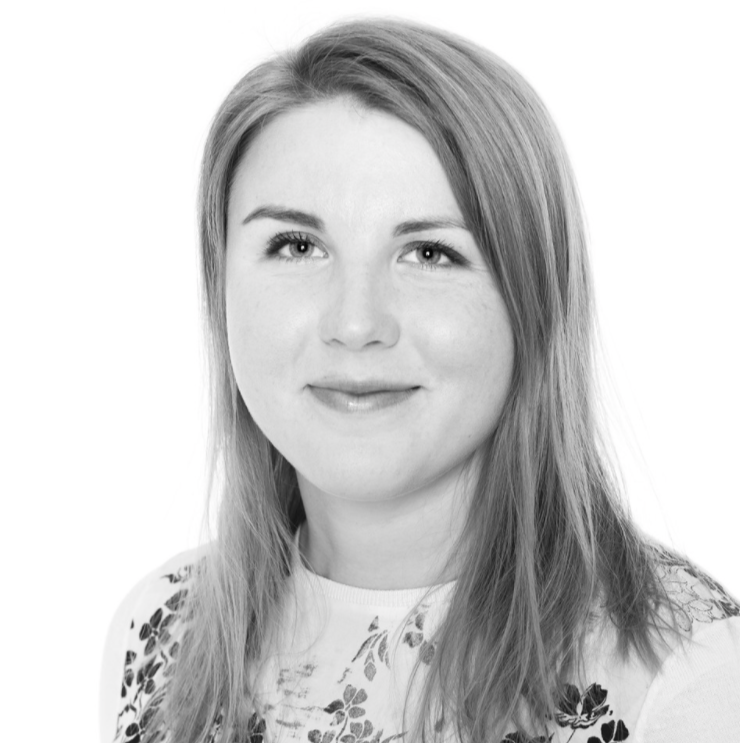
Maarja Vollmer
Maarja is a doctoral researcher at University of Neuchâtel (Switzerland) within a project on narratives of crisis and their influence on migration policies. Her background is in sociology and migration studies. Her research interests include migration governance, migration policy formation, securitisation of migration, citizenship, and text-as-data methods.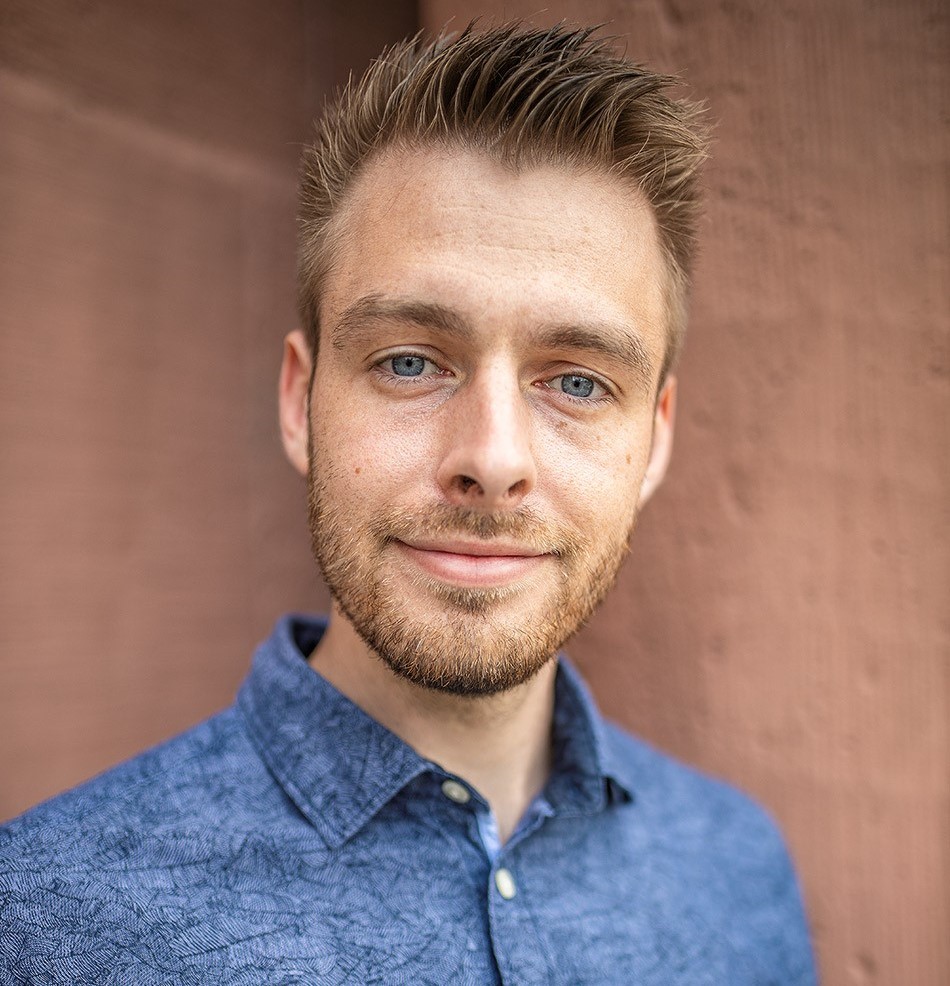
Marcel Kappes
Marcel Kappes is PhD student at the Graduate School of Economic and Social Sciences at the University of Mannheim. In his empirical research, he uses quantitative-, network-, and computational methods to investigate the consequences of issue changes in social movement organizations and immigrants’ job careers in the German labor market.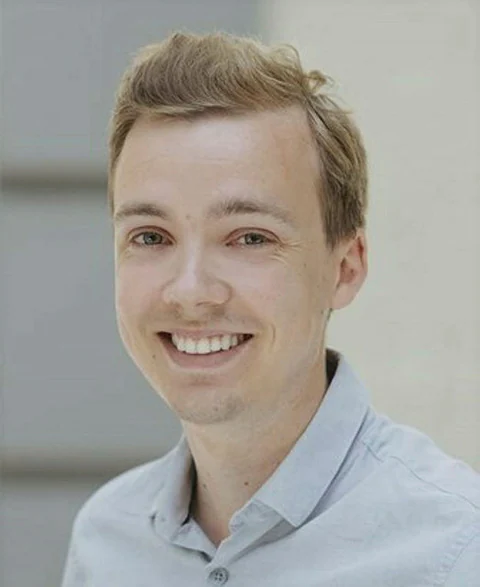
Axel Norgren
PhD student in Economics at Linköping University. An interdisciplinary social scientist that has an interest in quantitative methods from analytical sociology as well as other fields. My research revolves broadly around education and more specifically around school choice, the effectiveness of accountability systems, turnaround schools etc.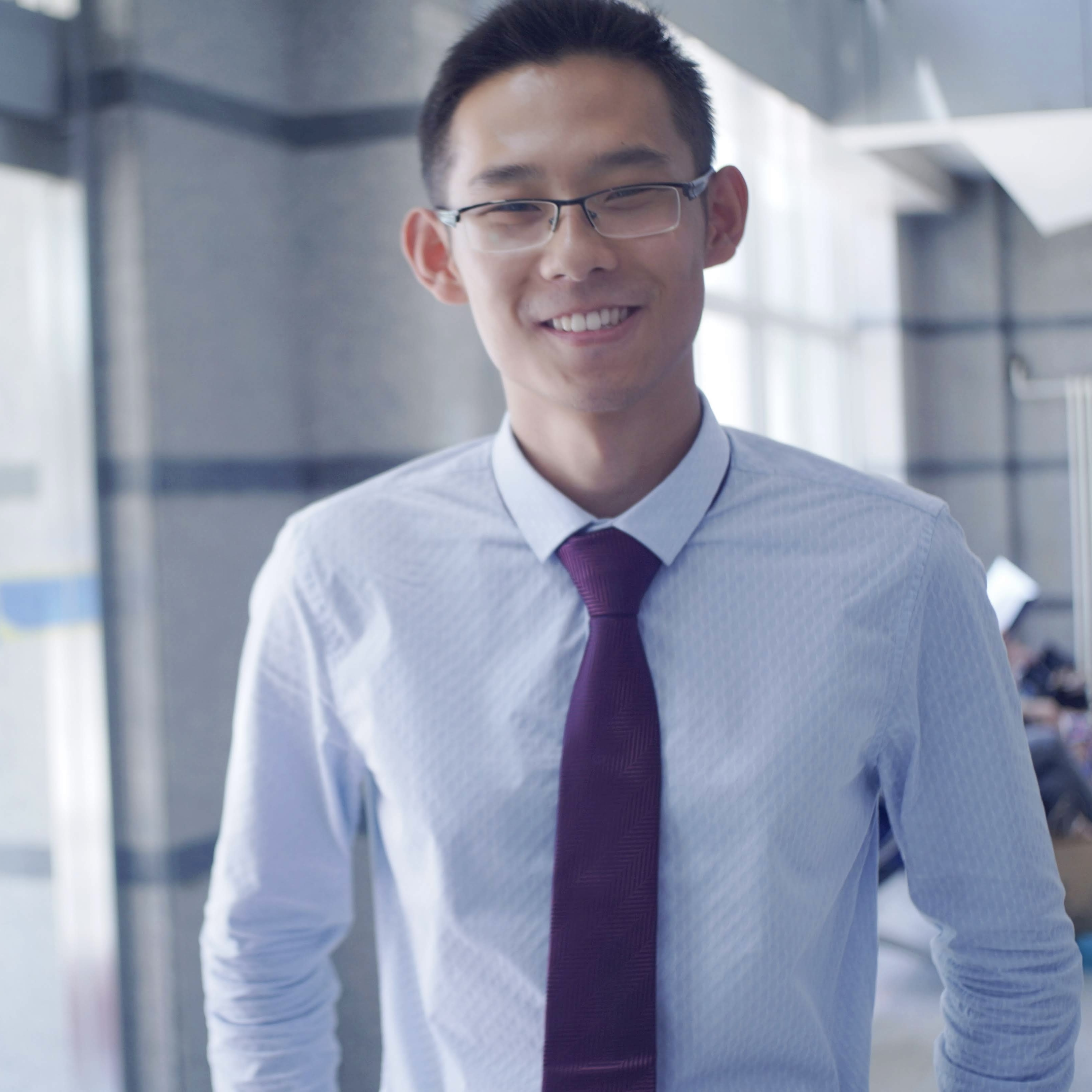
Steven Bao
Steven Bao is a doctoral student in Sociology at the Ohio State University. His research interests lies in the broader area of sociology of work, social movement, and political sociology. His current projects include the relationship between state response and social movements, new forms of labor organizing and precarious work in contemporary society. Methodologically, he is interested in combining qualitiative methods with computational techniques.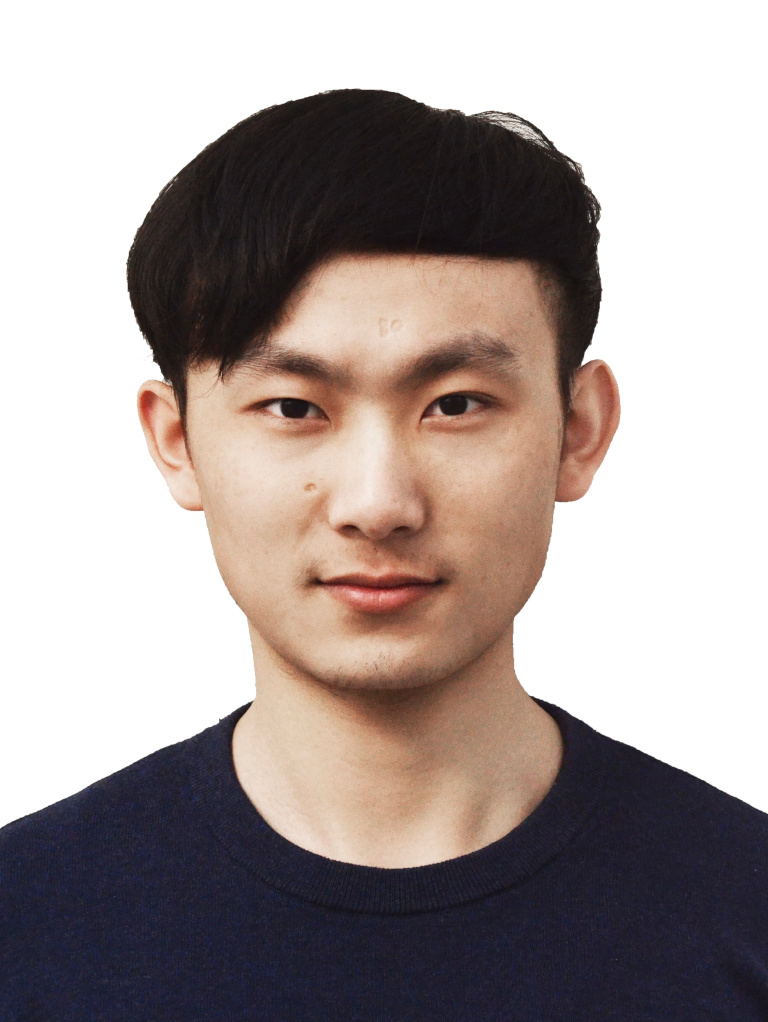
Gong Zhang
My name is Gong Zhang, a PhD student at the Faculty of Architecture and Built Environment, TU Delft. I have been focusing on using computational technologies in the field of the built environment and social science, such as urban morphology, human well-being, and heritage sustainable development.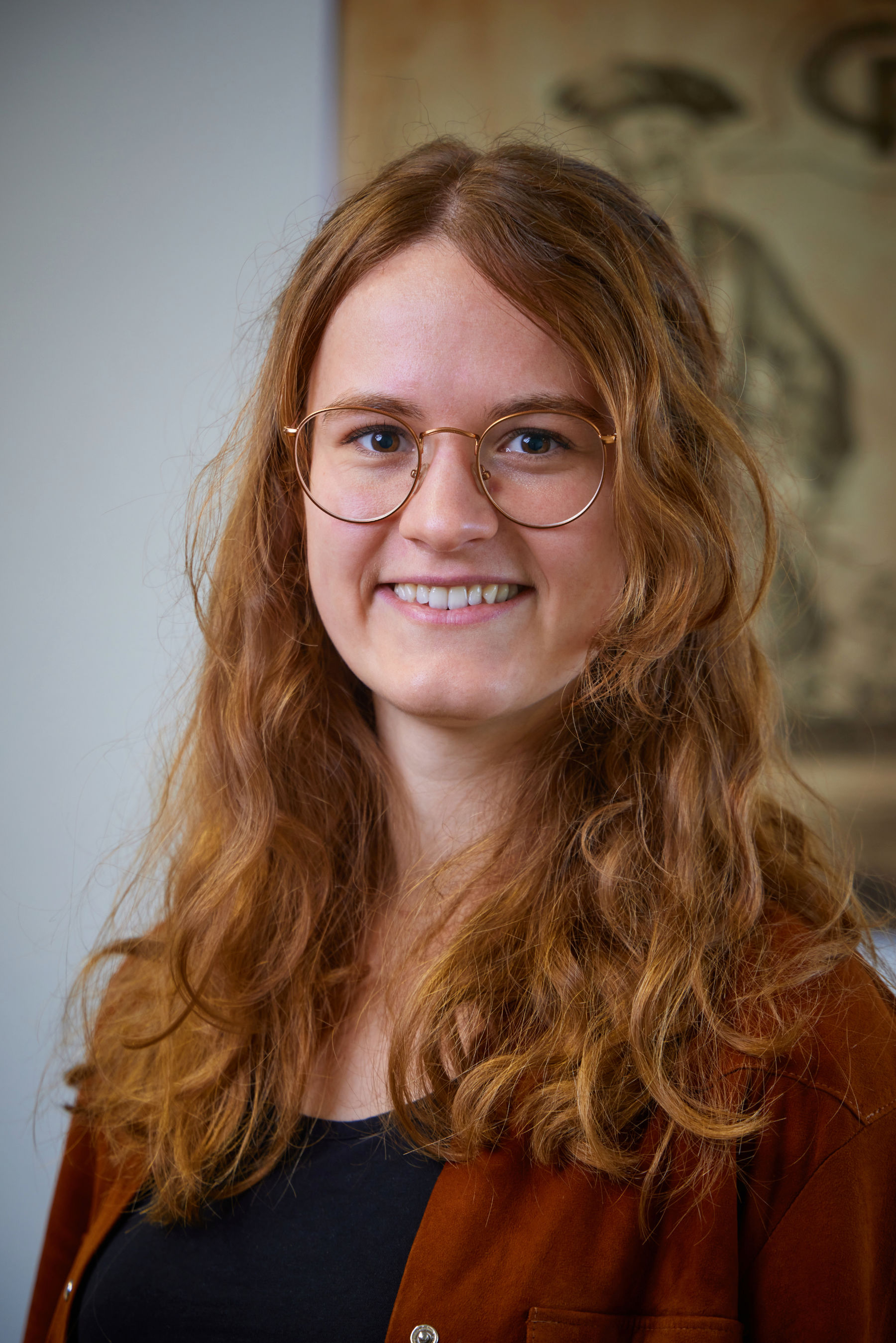
Susanne Böller
Susanne Böller is a PhD student in sociology at the University of Bonn. Her research examines the emergence of social and symbolic boundaries among adolescents. As part of the Emmy Noether group "Sorting Decisions and Peer Processes in Schools" (SPINS) she analyses how school principals' decisions regarding classroom placements affect peer relations at secondary schools.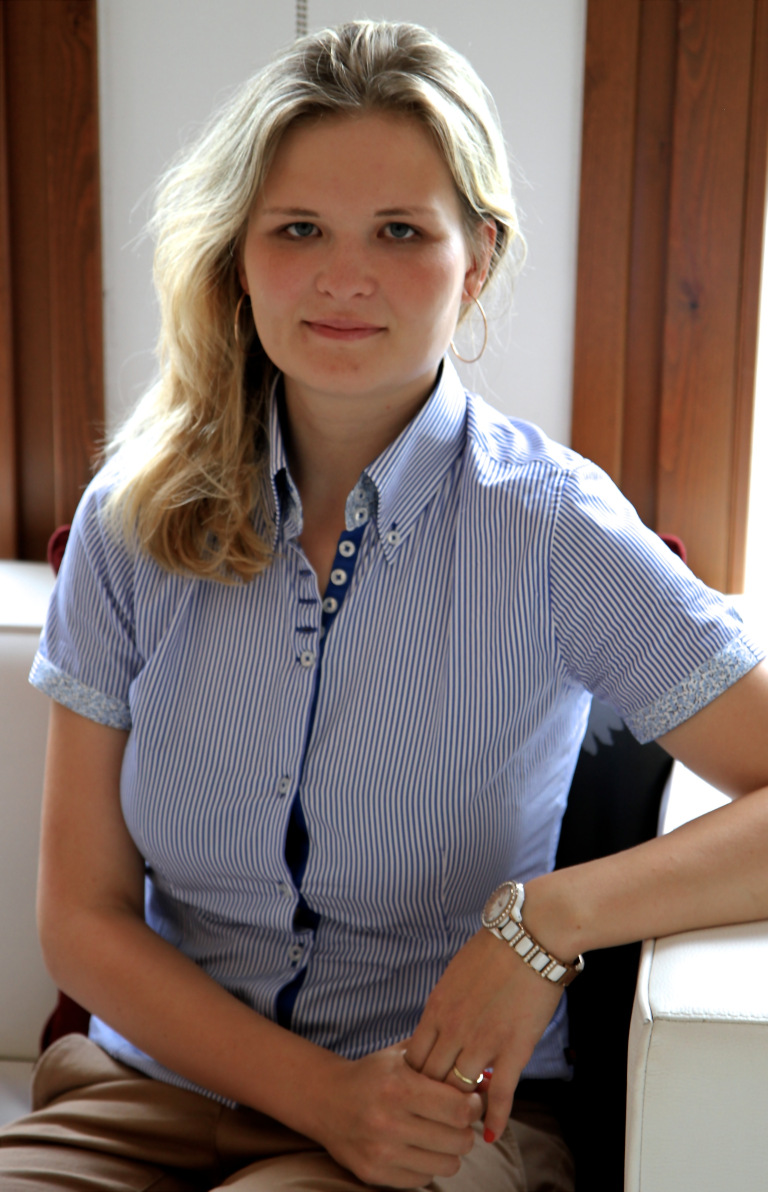
Julia Gottstein
Julia Gottstein is a doctoral student at the Faculty of Social Sciences, Charles University. Her dissertation project explores dark participation and the perception of its moderation in Czech media. She uses computational methods to examine mediated interactions in the social media comments section of news media outlets.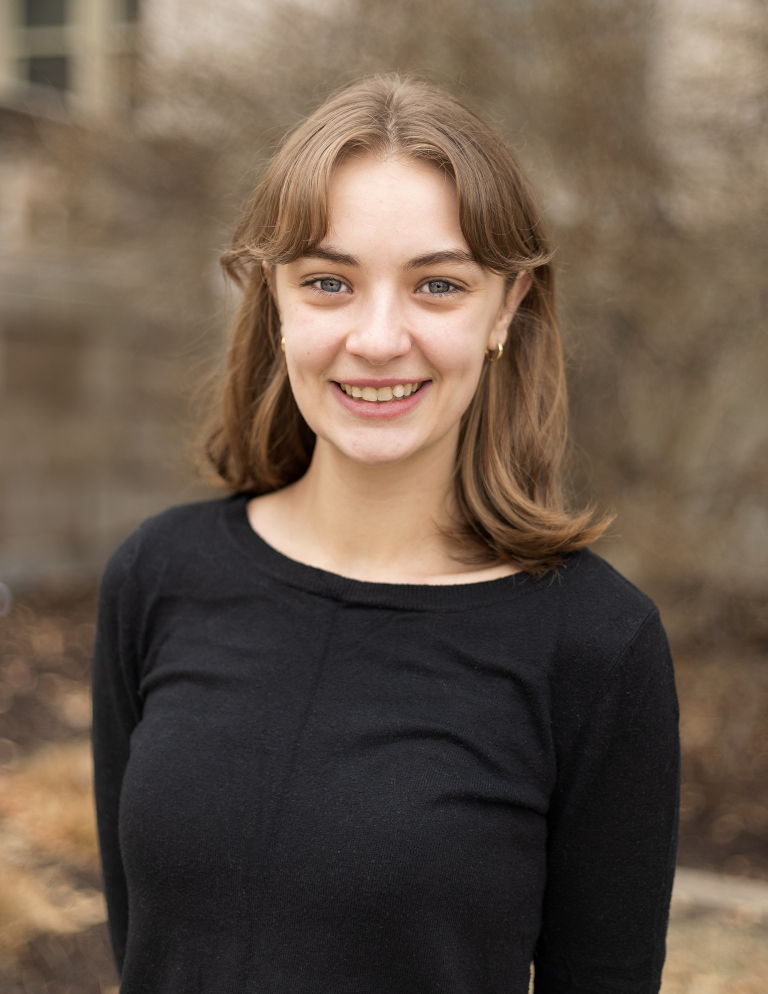
Regan Smock
Regan Smock is a graduate student at the University of Iowa, interested in social psychology and culture.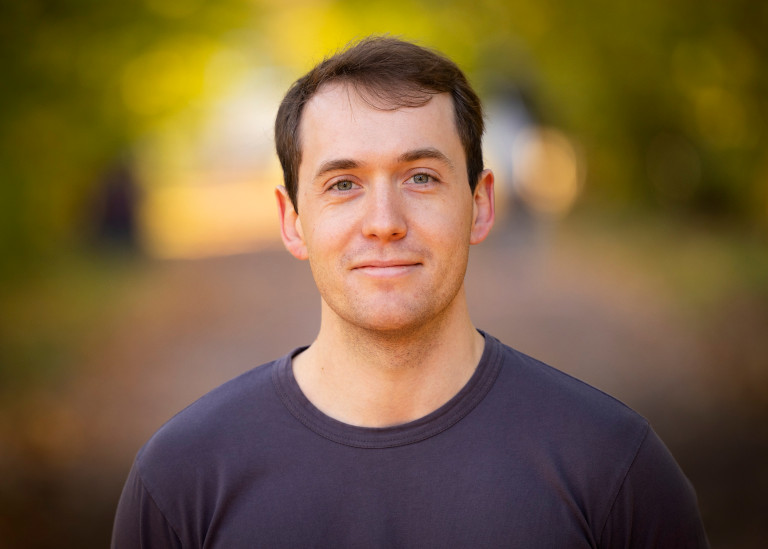
Matias Piqueras
Matias is a PhD student in Computer Science at Uppsala University, where he is part of the InfoLab as well as the CHANSE funded PolarVis project. He has a background in Political Science and is interested in the development of computational methods for studying visual political communication.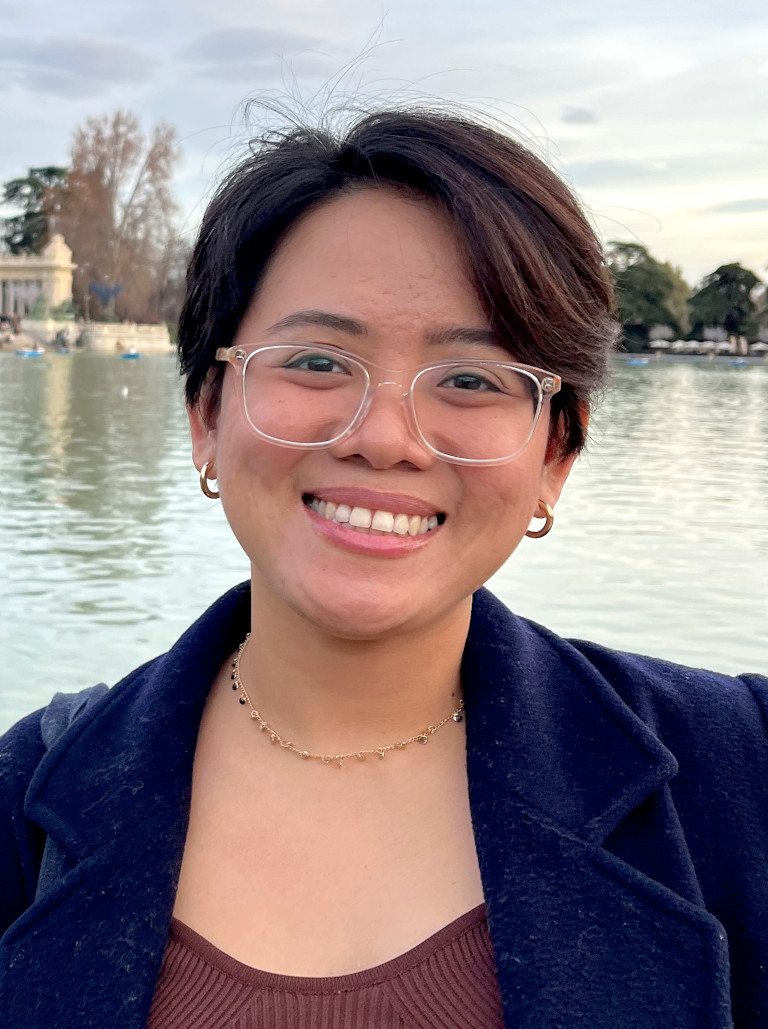
Bea Treena Macasaet
Bea is a PhD student in social sciences at the University of Luxembourg. Positioned within the science of science, her dissertation aims to investigate, via computational and network methods, information flow across disciplinary boundaries on the level of researchers and organizations. She also has research experience in scientific migration, productivity, and policy within the contexts of Taiwan and Indonesia.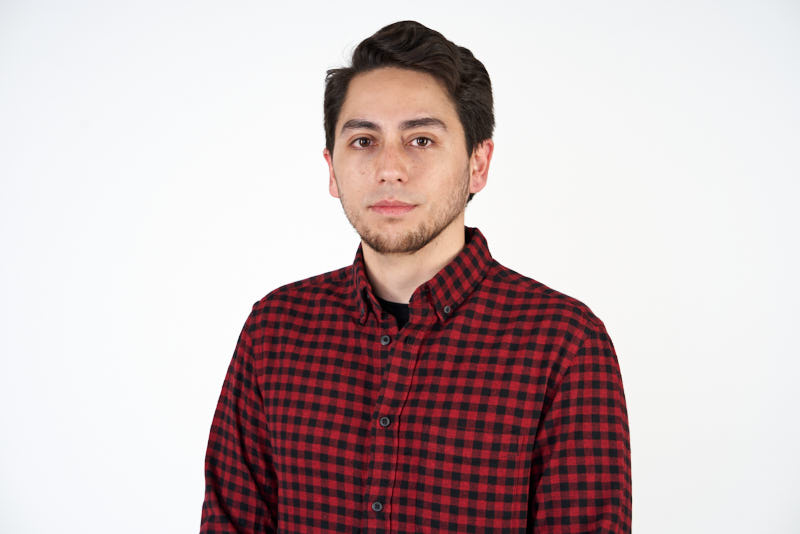
Cristóbal Moya
Cristóbal Moya is a researcher at the Chair of Social Inequality and Social Structure Analysis at Bielefeld University and a doctoral candidate in the Bielefeld Graduate School in History and Sociology. His current research focuses on social inequalities, work, and empirical justice.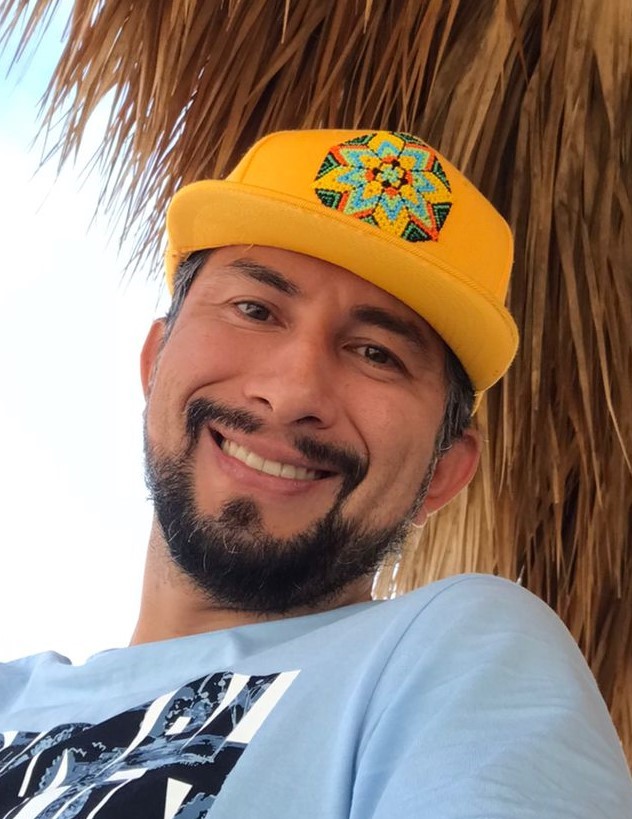
Mario Morales
Mario, a Health Behavior Health Promotion PhD student at the University of Arizona (UA), conducts mixed-methods research on dating violence and substance use prevention. He also applies computational techniques to study Latin Urban Music popularity, leveraging his training in anthropology (UDLAP), demography (COLMEX), and political science (UA).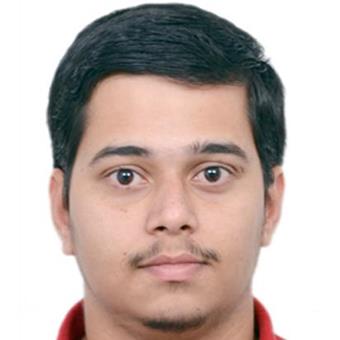
Sourabh Balgi
Sourabh Balgi is a PhD student in Statistics and Machine Learning division at the department of Computer and Information Science, Linkoping University. His research interests lies in causality and counterfactual inference using machine learning/deep learning generative models, with applications related to the Swedish Population Registry and other social and medical sciences applications. He holds a B.E. in Electronic and Communication Engineering and M.Tech. in Artificial Intelligence from Indian Institute of Science (IISc). He has 3 years of work experience as a Software Engineer at Mercedes Benz RD India (Daimler) and 1 year of experience as a Research Associate at the department of Computer Science and Automation, IISc.
Matthias Kuppler
Matthias Kuppler is a PhD student in sociology at the University of Siegen, Germany. His research combines network analysis and agent-based modeling to explain the emergence of status hierarchies in social fields. In his current work, he examines the formation of inequalities in the global literary field.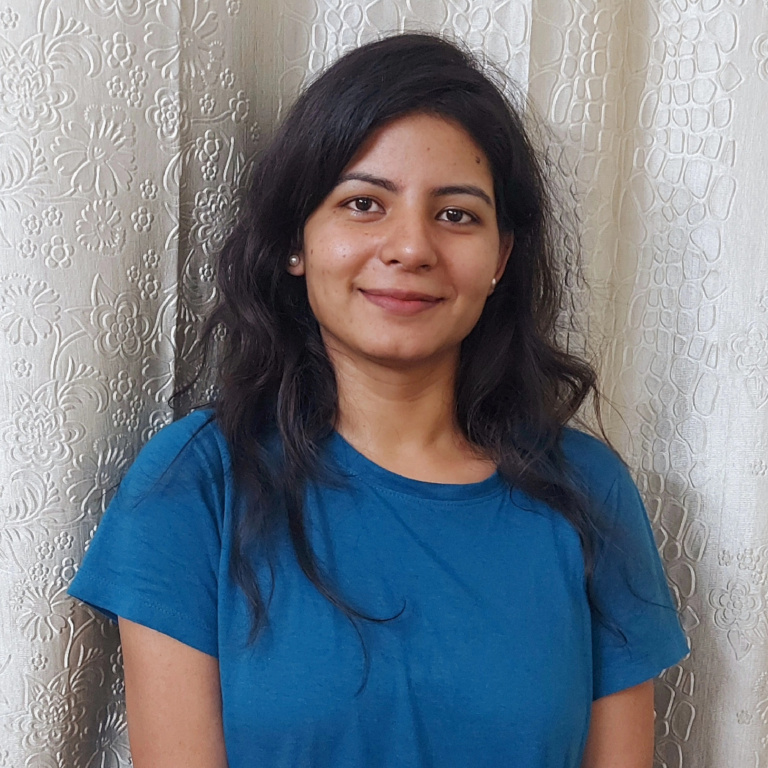
Anjali Yadav
Anjali is a doctoral student at the Indian Institute of Technology Kanpur. Her research focuses on the intersection of social norms, pro-environmental behaviors and public policy. She uses mixed-method analysis to study the coupling between common pool resources and social norms. She is interested in applying and integrating techniques from social network analysis and text analysis to generate new insights into longstanding issues of water pollution in the Ganga river. She received master's in environmental studies from the University of Delhi in 2020.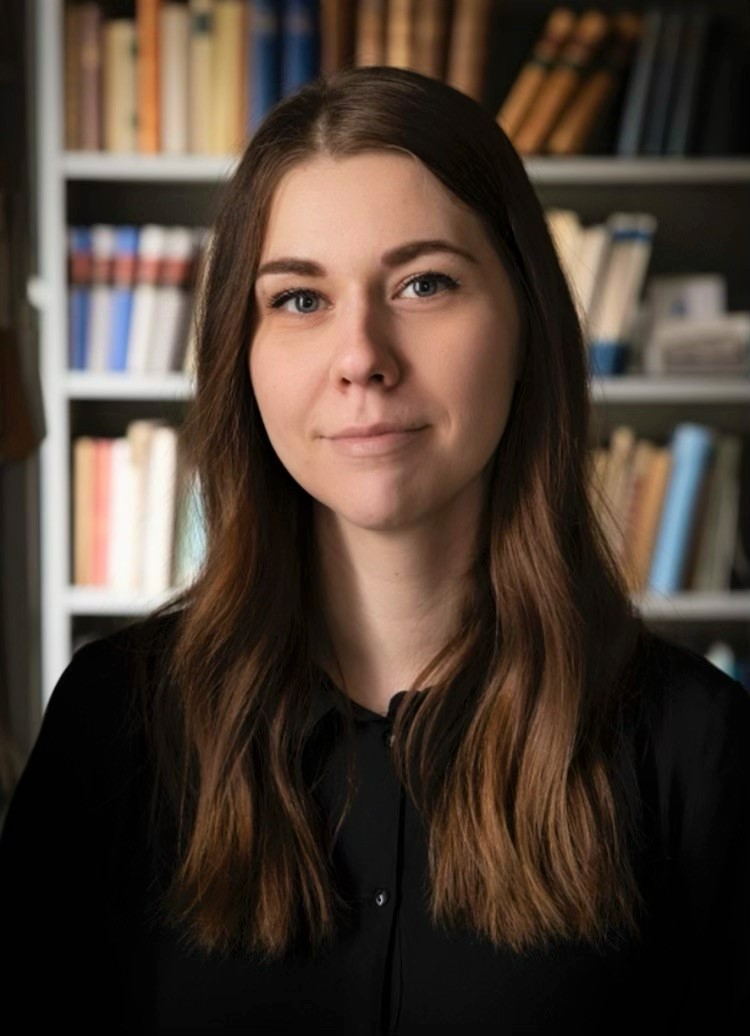
Emelie Karlsson
Emelie Karlsson is a PhD student in political science at Uppsala University. She is a part of a research project focusing on "AI and political communication", and her dissertation project focuses on coordinated inauthentic behavior and information campaigns on social media platforms and their social and political implications using mixed methods - including experimental and computational approaches.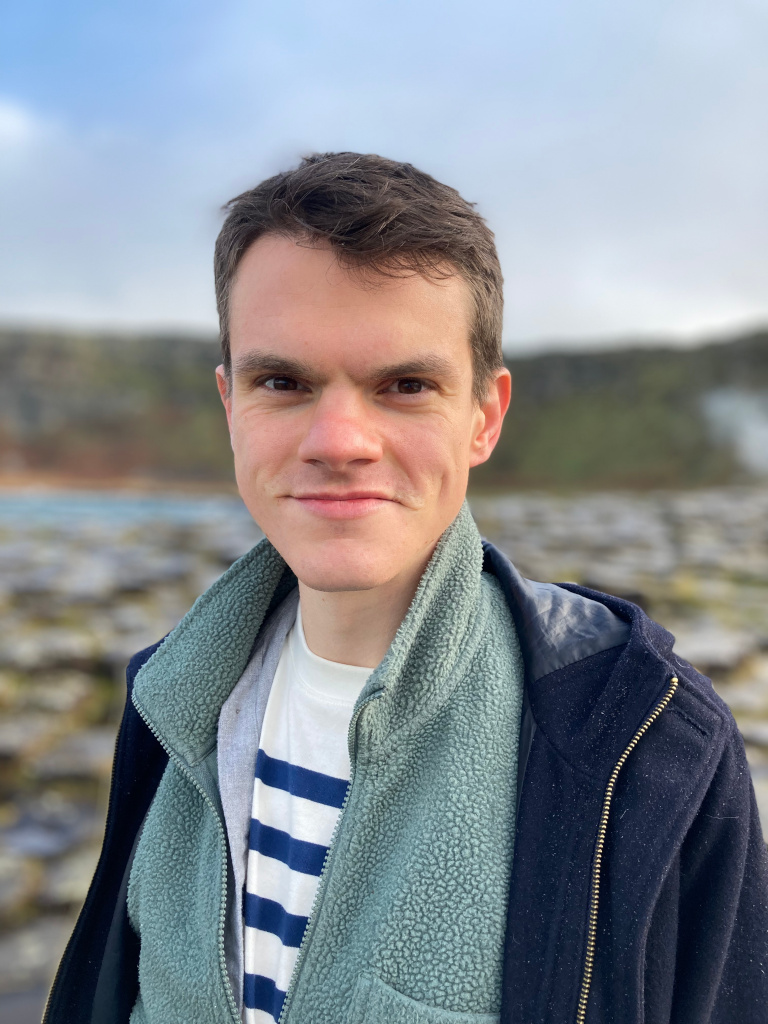
Nathaniel Darling
Nathaniel Darling is currently completing an MSc in Economic History at LSE, and will start a PhD in October 2023. Before starting this MSc Nathaniel worked as a secondary school teacher in London.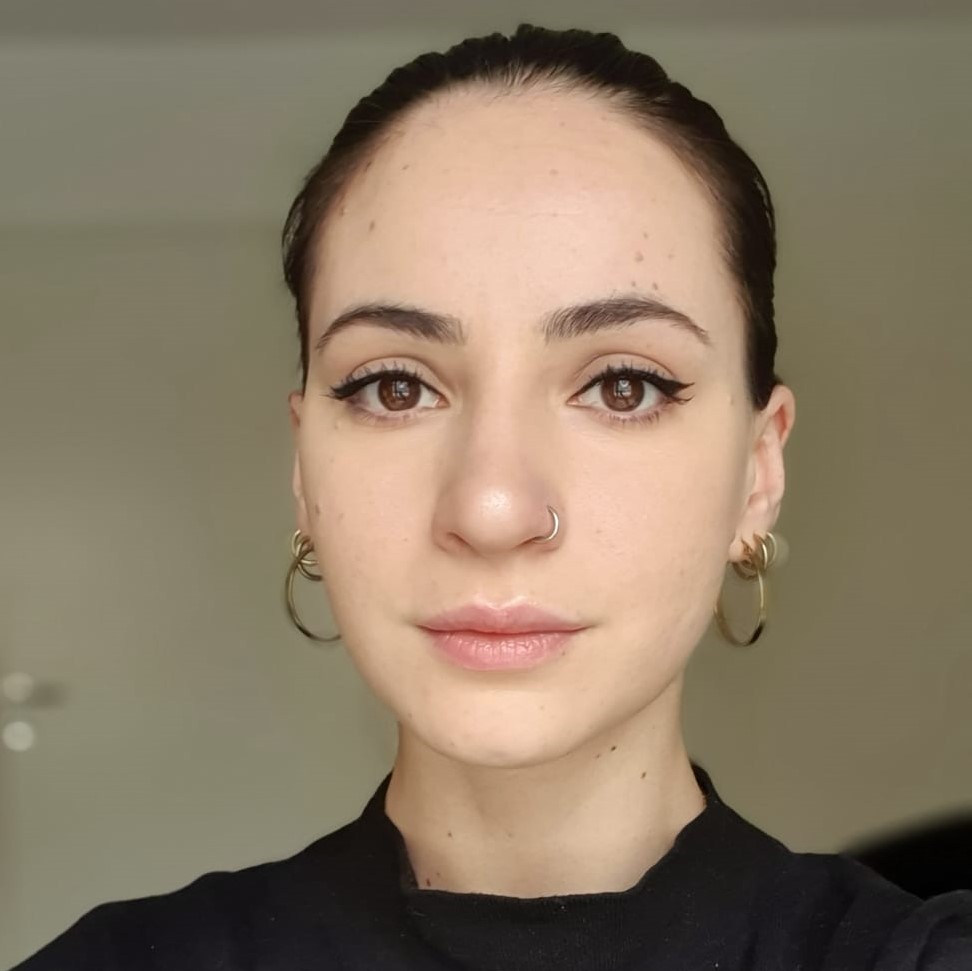
Diletta Goglia
Diletta Goglia is a doctoral student in Network Science at the Information Technology Department of Uppsala University. Her work in the "Uppsala University Information Laboratory research group" (UU-InfoLab) focuses on developing computational methods to model and explain social behavior of people in online communication. Her current project is analyzing users’ roles in conversational data from Online Social Networks, aiming at identifying, modelling and understanding actors’ behavioral patterns in online discussions, by combining structural properties of graphs with social theories. Previously, she collaborated with the “HumMingBird - Horizon 2020 EU” project, working on Machine Learning and Big Data Science to study and predict cross-border human migration using Social Big Data from Facebook. She holds a MSc in Artificial Intelligence and a BSc in Digital Humanities, from University of Pisa. Her education in Computer Science, background in humanities and expertise in sociology delineate the profile of a multidisciplinary researcher.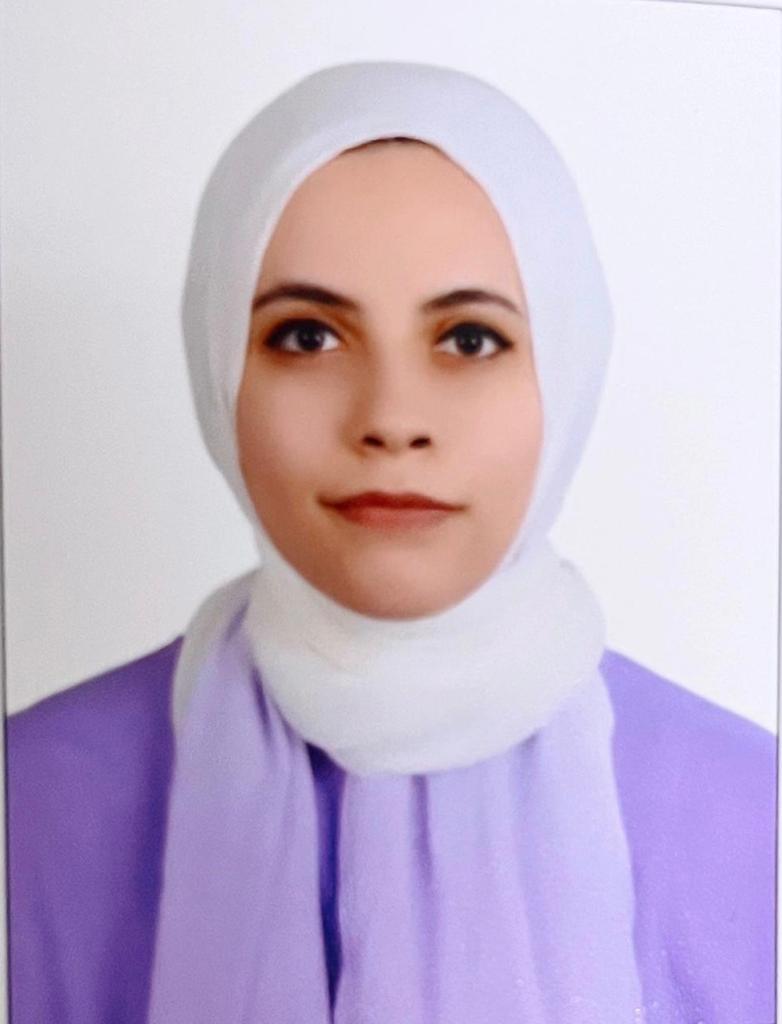
Asmaa Abdelkhalek
Asmaa Abdelkhalek is a PhD student and a research Assistant at the Department of Political Science Cairo University in Egypt. She is also a researcher atInterRegional for Strategic Analysis - MIR in Abu Dhabi, United Arab Emirates. Her research interests focus on the integration of quantitative and qualitative research in political science, with a particular focus on the intersection between international relations and public opinion. As part of a research team at Cairo University, she is currently working on a project that examines the impact of misinformation and fake news, with a particular emphasis on the integration of machine learning applications to study these topics.